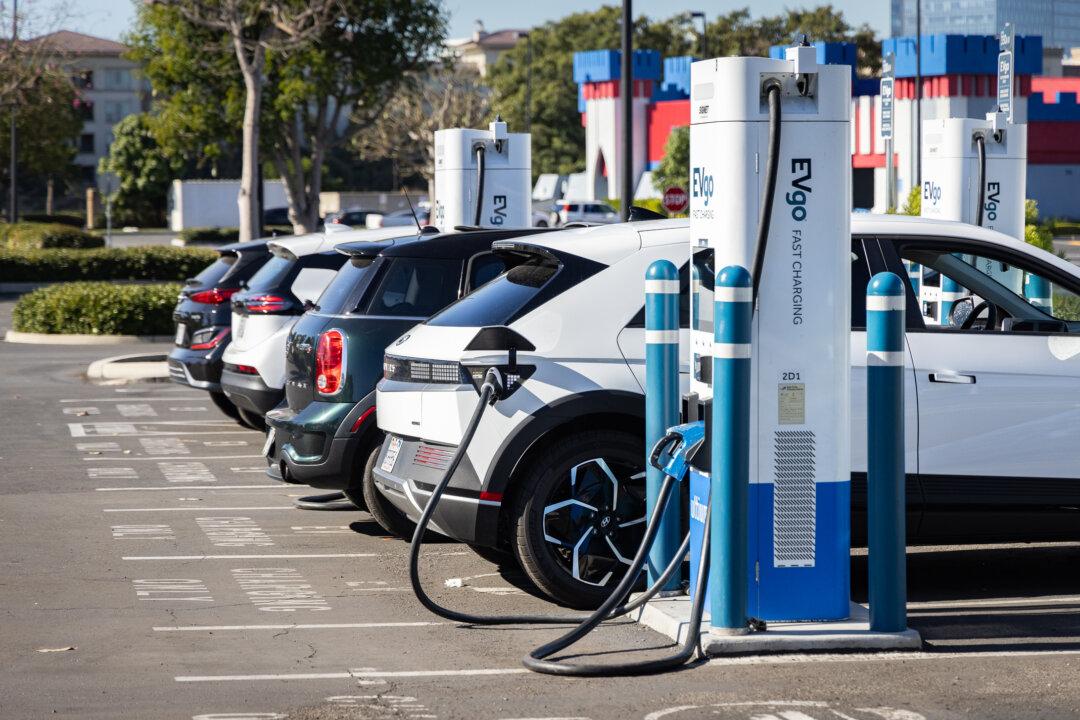Having some of the worst-ranked roads in the country, California’s push to replace combustion engine cars and trucks with zero-emission vehicles will leave repair budgets unfunded, according to the state’s nonpartisan Legislative Analyst’s Office.
In a December report describing the implications of implementing the state’s greenhouse gas reduction initiatives, analysts found that transportation revenues would be significantly impacted. Funding traditionally comes from fuel taxes, and any decrease in consumption negatively affects revenues.





